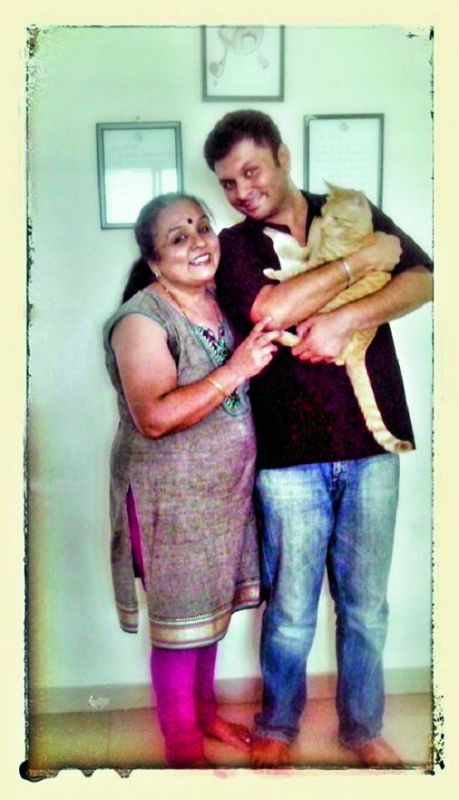When parents step up for their children

Taruna Aswani won millions of hearts by standing up to her blackmailer, who threatened to share her private pictures that he obtained by hacking her cloud storage.
Instead of giving in to protect her public image, she published the screenshots of the threatening email online. Taruna said that it was with the support of her family and friends that she decided to stand up for herself and for many other women who have been victimised.
Parents are increasingly breaking the silence about taboo issues such as sexual assault, menstruation, homosexuality and others. Not long ago, the mother of gay rights activist Harish Iyer had published an advertisement in the newspaper seeking a groom for her son. “I used to be a coward. I didn’t want my family’s name to be tarnished,” says Padma Iyer, adding, “But eventually, I saw the timid, scared boy that once I knew, bloom as he took to activism. I read up a lot and came out of my own closet.”
Harish adds, “Opening up to my mother and having her on my side was important. She saw I was getting negatively affected without her support, so she started to understand me.”
Closer home, this year’s gay pride parade in Hyderabad was led by mothers of people from the LGBT community. Anitha, mother of Chandramukhi, a transwoman, took part in the parade. “It is very important for us parents to talk about taboo issues and support our children. People still talk bad of us, but if I hadn’t supported her, she would end up on a wrong path,” says Anitha.
Sociologist and professor at the Tata Institute of Social Sciences, Avatthi Ramaiah says that the responsibility of abolishing taboos lies not only with individuals, but institutions as well.
“Religious groups keep taboos intact. The media and the government must take steps to spread awareness and create a dialogue in order to expel taboos. Only then the parents will feel comfortable opening up,” he says.
Director Sridhar Rangayan, who is making Surmaee Shaam, a film about a mother who learns to accept her gay son, says, “We seek validation of our identity from our parents and siblings. Although they would want to be there for their children, they are influenced by society and so they are hesitant. For the film, we have a crowd funding campaign and 10 per cent of the funds would go into creating an official support group for parents of homosexual children so that they can counsel each other and understand their children better,” he informs.


